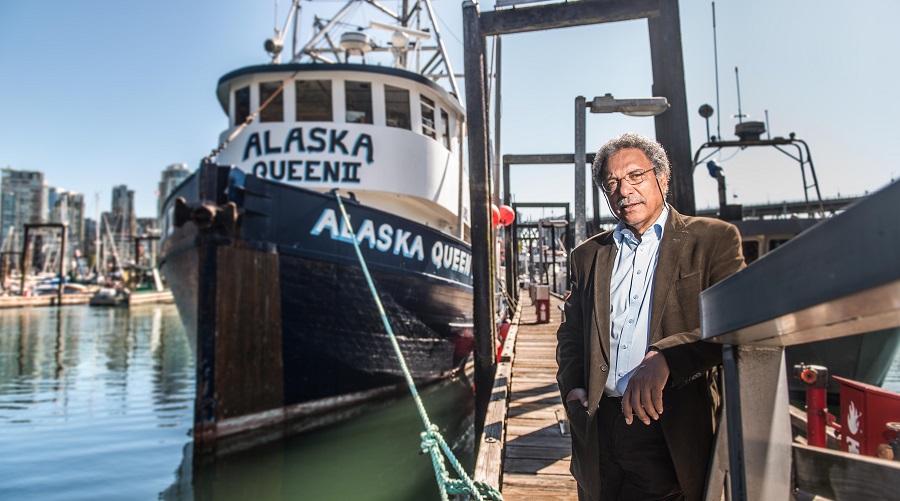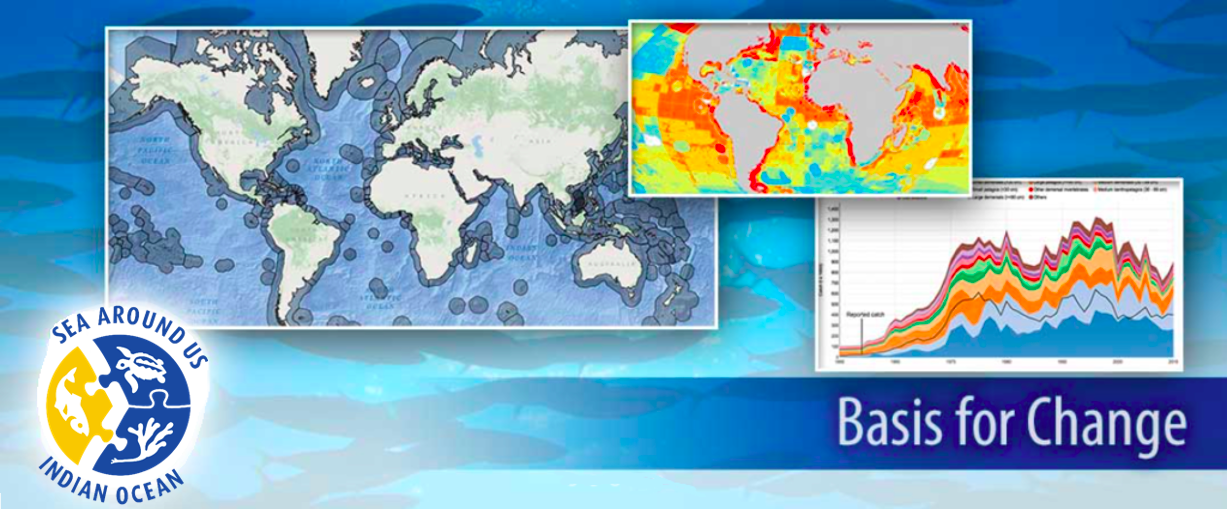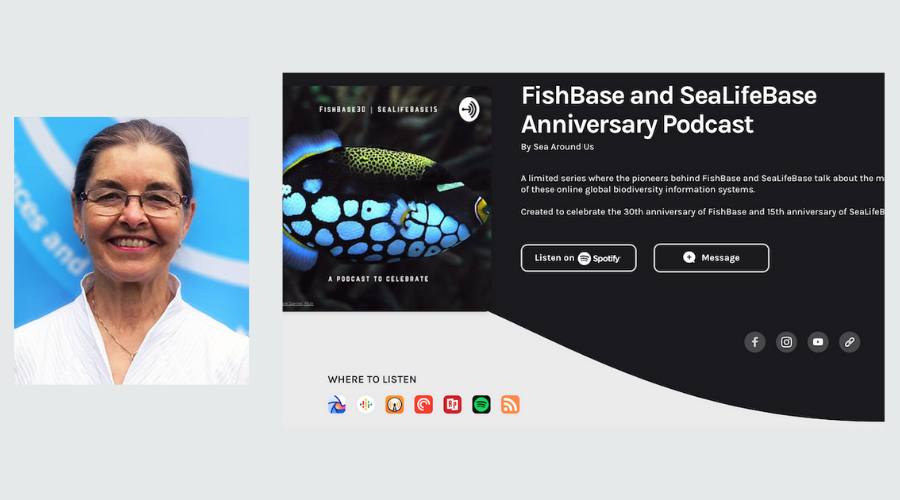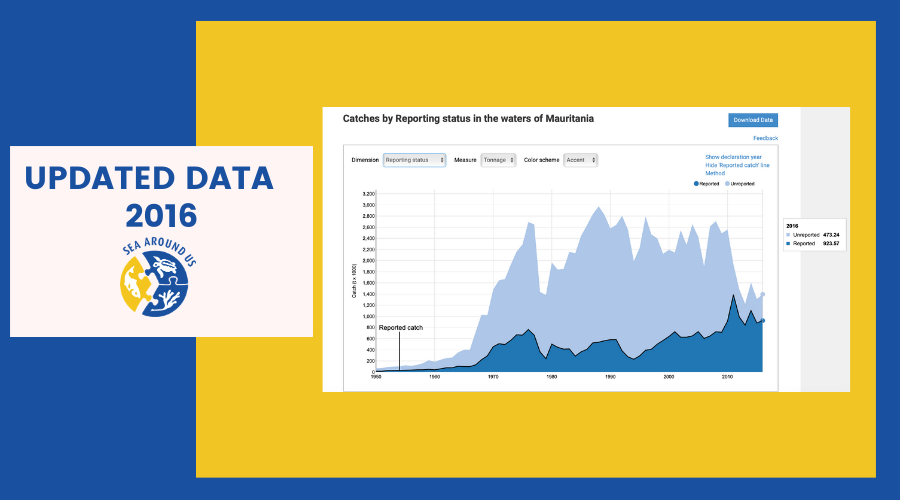The Sea Around Us Principal Investigator, Dr. Daniel Pauly, continues to be among the top 0.01% of the world’s scientists based on the impact of his publications.
Study with the Sea Around Us – Indian Ocean at the University of Western Australia
Post-secondary students interested in fisheries science are invited to connect with the Sea Around Us – Indian Ocean at the University of Western Australia (UWA) and learn about four programs available to immerse themselves in this fascinating discipline.
Cornelia Nauen on how she helped make FishBase a reality
On the fourth episode of the FishBase and SeaLifeBase Anniversary Podcast, Cornelia Nauen shares the other side of the FishBase story, that is, the effort that had to be done to gather some seed money and bring the project to life.
Preliminary assessment of 26 West African fish stocks points at overexploited populations
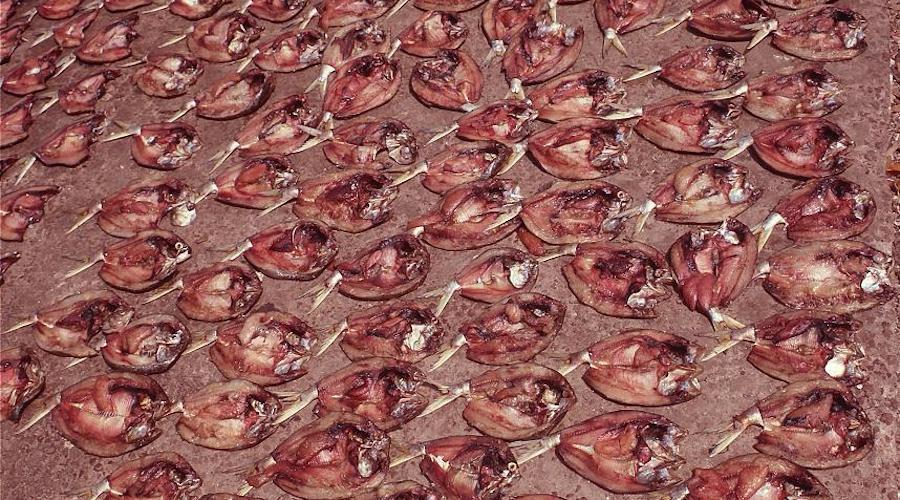
Bonga shad (Ethmalosa fimbriat) taken from the waters of Guinea Bissau. Photo by Falia, Wikimedia Commons.
Twenty-six fish and invertebrate populations that live in the waters of eight West African countries are likely overfished or at risk of being overfished, a new Fisheries Centre Research Report reveals.
Preliminary results from the application of the CMSY and LBB stock assessment methods to fish populations in the EEZs of Cape Verde, The Gambia, Guinea, Guinea-Bissau, Liberia, Mauritania, Senegal and Sierra Leone, indicate that some stocks – such as that of cassava croaker off the coast of Liberia – are strongly overexploited.
Sea Around Us updates catch numbers to 2016
The Sea Around Us is pleased to announce that the marine fisheries catch data and derived indicators have been updated to the year 2016.
After months of intensive work by our teams in Canada, the Philippines and Australia, we can now proudly say that time series with 67 years’ worth of data (1950-2016) are available for free on www.seaaroundus.org.


